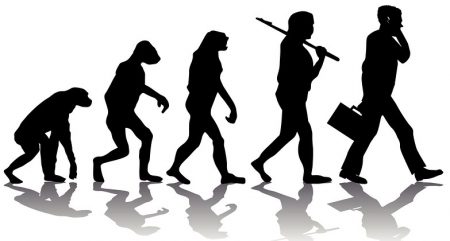Are you one of those people at work who’s driven to lead? I’m curious why some of us are drawn to take charge and others prefer to follow along. Why do you think people are driven to lead? What are our basic human drives that motivate us each day to do what we do? What makes people tick?
“Our understanding of leadership can be no better than our understanding of what makes humans, all humans, tick — what are the ultimate motivators of our behavior.” ~ Warren Bennis
Leadership is about relationships with others. You cannot lead without understanding the innate human drives that are essential to human development and survival.
Decades of research have given us numerous theories about drive and motivation, to include:
- Maslow’s Hierarchy of Needs (physiological, safety, love and belonging, esteem and self-actualization)
- Intrinsic and extrinsic motivators (inner satisfaction and desires, external rewards and payoffs)
- The well-documented drives to achieve autonomy, mastery and purpose in our personal and professional lives.
- Economist Milton Friedman’s agency theory, which argues that rational self-interest motivates all human behavior — and that businesses’ sole purpose is to maximize shareholder returns. (Over time, behavioral economists have proved there’s much more to human behavior than rational self-interest.)
Still, it’s all very overwhelming and confusing. There are so many theories of behavior, and every one makes sense on some level. Scientists have fragmented the search for the most fundamental drives of human behavior. Every discipline has proposed a different theory that contains some truths, as viewed through the discrete lenses of:
- Cultural anthropology
- Sociology
- Psychology
- Genetics
- Evolutionary biology
- Economics
- Neurology
Perhaps the most noteworthy deduction about human behavior can be attributed to Charles Darwin’s scientific studies, published more than 150 years ago. In The Descent of Man (1871), the British naturalist observed that the most important distinction between humans and the lower species is our innate moral sense: our conscience.
The Four-Drive Theory
Humans have evolved to survive differently from other animals. We have endured as a species because we learned to work in groups and rely on problem-solving skills, rather than brute force, inborn physical capacities and instincts.
The late Harvard Business School Professor Paul R. Lawrence suggests that Darwin’s insights about human drives have largely been ignored. He and Harvard Business School Dean Nitin Nohria in Driven: How Human Nature Shapes Our Choices (Jossey-Bass, 2002), propose a theory of human behavior based on “renewed Darwinism” and four key drives:
- To acquire what we need for survival, conception and our offspring’s survival. This drive far surpasses our drives to acquire food, water, warmth and a mate. We are driven to attain things that interest us, give us a sense of identity and meet our loved ones’ needs.
- To defend ourselves and our offspring from threats. We’ll protect our family and groups to which we belong, our ideas and beliefs, our sense of pride and hope, and our self-image.
- To bond and form long-term, mutually caring and trusting relationships with others.
- To comprehend (to learn, create, innovate, and make sense of the world and our place in it).
Can you identify your own motivations in each of these drives? How are you driven to acquire, defend, bond and comprehend? In the work I do coaching, my clients gain a deeper understanding of themselves through the lens of these four driving motivations. This leads to improved ways of understanding others. What do you think about this theory? I’d love to hear from you. Contact me here.

Did You Enjoy This Article?
Join thousands of other smart business owners like yourself & get our Proffittable Times newsletter.
It's filled with actionable content you can apply immediately.
Sign up now to get started!
– Coach Nancy










